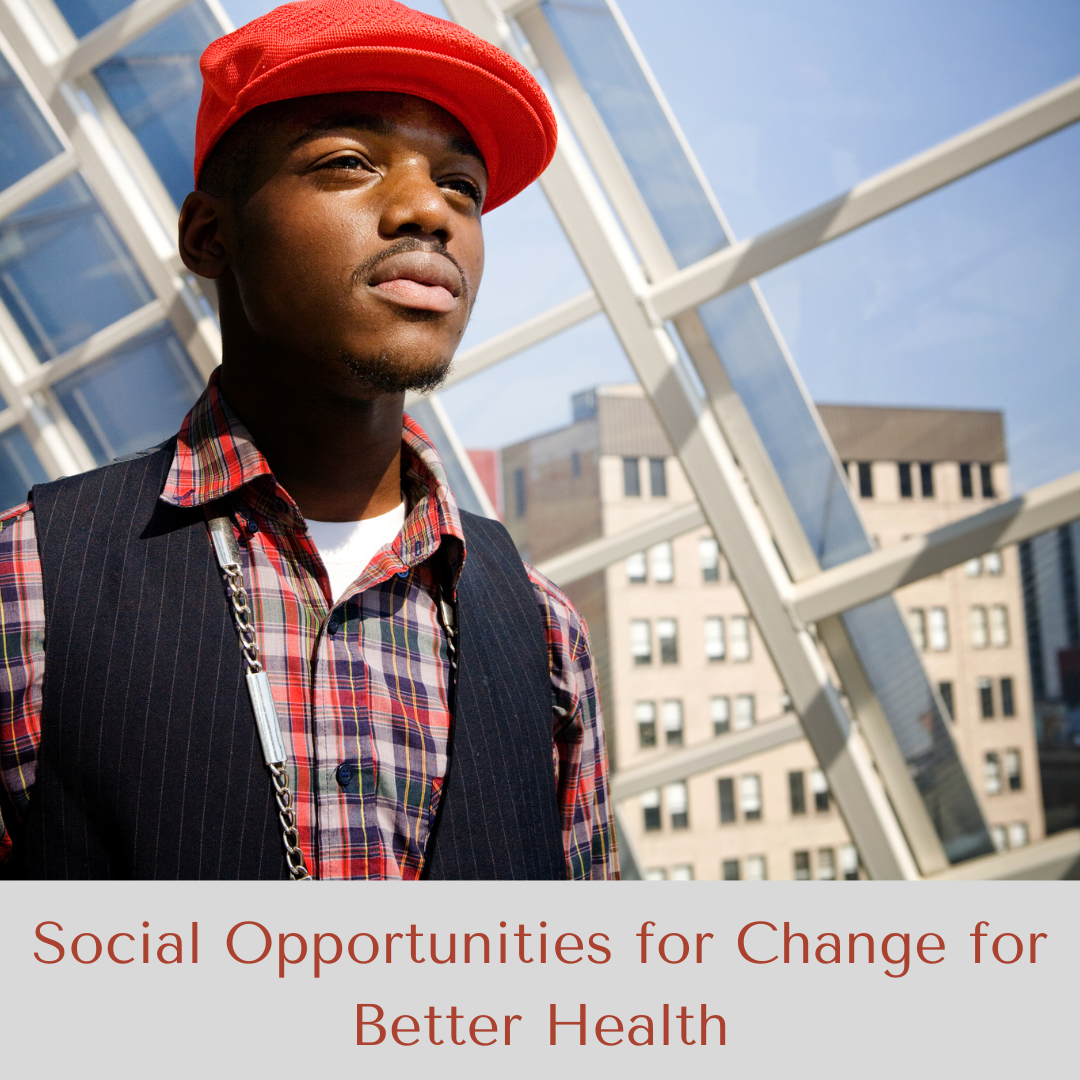“Determinants” is a Dirty Word!

“Determinants” is a Dirty Word!
There is increasing recognition today that true “health” is not simply a phenomenon of health care and our inherited genetics. In fact, it is estimated that, together, these two elements account for only 40% of our overall health or well-being. Sixty percent is due to the lifestyle choices we make as individuals and to the “environment” that surrounds us. “Environment” itself is a term that encompasses many things beyond the physical things around us. It has to do with the function or dysfunction of the society around us. It is about housing, education, economics (job training and opportunities, employment, unemployment, personal finances), transportation, access to health care, fresh foods (fruits and vegetables), opportunities for physical activity, and emotional and behavioral stressors of all sorts, and stress more generally, as well as our cultural and spiritual lives.
In summary, a broad range of internal biological and external (both biological and non-biological) factors of many different types contribute to our overall state of “health,” consistent with the still- valid definition of the term stated by the World Health Organization in 1948: Health is “a state of complete physical, mental and social well-being and not merely the absence of disease or infirmity.”
Recognition of just how important the range of external factors are to our true “health,” has been slow to catch up with the seventy-three-year-old WHO definition, but they are now the center of attention. Indeed, assessing and addressing social needs is considered essential in both primary care and specialty medicine. The factors have come to be recognized as the “Social Determinants of Health.” Just how important they are cannot be overemphasized. The fact is that a strictly biological or physiological view of, and approach to, human health is sadly lacking and, as has now been amply demonstrated over and over, inadequate, less than fully effective, and lacking in equity.
At the same time, I would like to argue that the term “Social Determinants of Health” is itself inadequate and, what is worse, dangerous. The key word in the phrase is “determinants.” “Determinants” conveys a sense of things that cannot be changed. They simply “are.” We have to live with poverty (and its attendant lack of income and resources), poor housing, education, unemployment, poor nutritional choices, access to effective health care, lives of stress, and so many other negatives or challenges.
As an alternative to that “dirty” word “determinants” and to the phrase “Social Determinants of Health,” I would argue that we should be talking about “Social Opportunities for Change for Better Health.” We don’t have to live with “determinants.” Rather, we should see these challenges as “opportunities” to help make both “health” and lives better. The fact is that we don’t have to live with poverty (and its attendant lack of income and resources), poor housing, education, unemployment, poor nutritional choices, access to effective health care, lives of stress, and so many other negatives or challenges. We can do something about all those things. The resources are there, both in the sense of finances, but, even more importantly, in sense of the resourcefulness of the people themselves in the communities where changes and new opportunities are needed.
We talk constantly these days about achieving “equity.” That is the right idea, but it is not something that can be achieved artificially by talk, “programs” or even legislation forced upon one group by another or by the “elite” (whoever they are) on everyone or on our society as a whole. You may not have noticed it in the paragraph above, but there is a key word there. It is the word “help.” “We,” as any particular group of any origin or even ideology, cannot make the necessary changes alone. We need to work together to grasp the opportunities in front of us to make the changes we must achieve to make lives better – and achieve that elusive state of “equity.” When we are truly working together toward the common goal of making all lives better, the issues that currently frighten or divide us disappear. We simply don’t have time for them!
Rise Up East New York is all about working together to make both true “health” and quality of life the best it can be for everyone – with no “ifs, ands, or buts” based on anything. Let’s make it happen together!! It is the least we can do for each other! After all, we are neighbors, and nothing else matters beyond seeing to it that we all live the best and most free lives possible.
Barry H. Smith, MD, PhD
